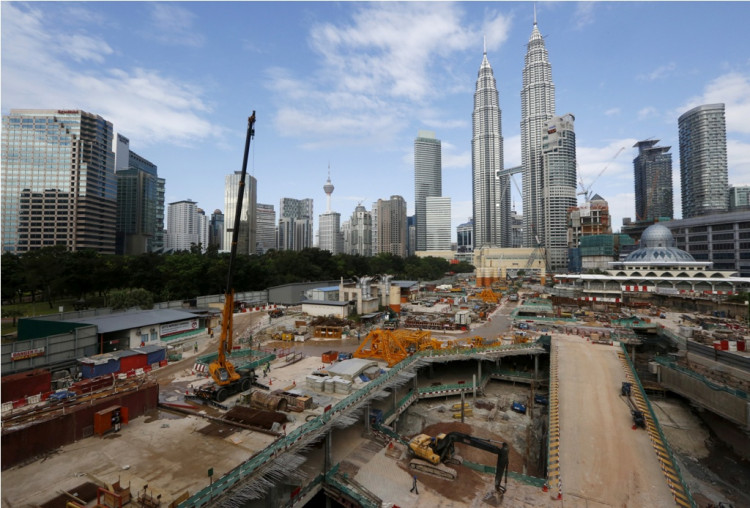The Malaysian state of Sarawak has launched the ASEAN region's first integrated hydrogen manufacturing plant. Analysts believe the country can become a world exporter with the capacity to compete against international dealers.
According to the Malay Mail, Sarawak currently has a potential foreign investor who has expressed interest in establishing a hydrogen plant in the state. The investor's plan is to purchase Malaysia's hydrogen and promote it in their country in a bid to reduce nuclear power use.
The Sarawak plant is currently able to produce 130 kg of hydrogen on a daily basis. Purity levels are at 99.999 percent with the capacity of supplying around five buses. Local officials have expressed high hopes for the factory's potential in the global market.
Malaysia has other plans aside from the first hydrogen producing plant in Southeast Asia. Chief Minister Datuk Patinggi Abang Johari said he has given the green light to Petroleum Sarawak Berhad (PETROS) to establish refueling stations around the country.
While only five rural areas have been identified as potential locations for the three-in-one refueling stations, the government is targeting expansions in the near future.
"I cannot reveal the details yet because negotiations are still on and there is a possibility of Sarawak becoming a world exporter of hydrogen that will give extra revenue to power our economy in the long run," Abang Johari said of the projects.
As part of the efforts in pushing Sarawak to become a global hydrogen exporter, the Malaysian state's local administrative body is hard at work in promoting research and development (R&D) initiatives focused on hydrogen production.
This year, the government has set up a fund of RM10 million for hydrogen-centered research but in 2020, the local government is expected to allocate over RM50 million for projects centered on hydrogen development in the state.
In line with Sarawak's goal of dominating the global hydrogen market, Sarawak Energy Berhad secured a joint venture with Hyundai Motor Co. involving the international auto maker's hydrogen fuel-cell electric vehicles (EVs).
Hyundai confirmed that the state-run electric supplier has received two Nexo cars to be used as test vehicles in the public sector. The tests will be targeted at expanding Malaysia's hydrogen car strategies.
A Hyundai official said its assistance for interested partners is not limited to Malaysia. The company is open to joint ventures with other ASEAN countries that are also pursuing hydrogen-fueled car initiatives.
Last week, it was confirmed that Malaysia's new vehicle market saw a hike in April of this year, driven by improving economic conditions in the country and global trade disputes that are pushing some car companies to set eyes on other Asian nations.





